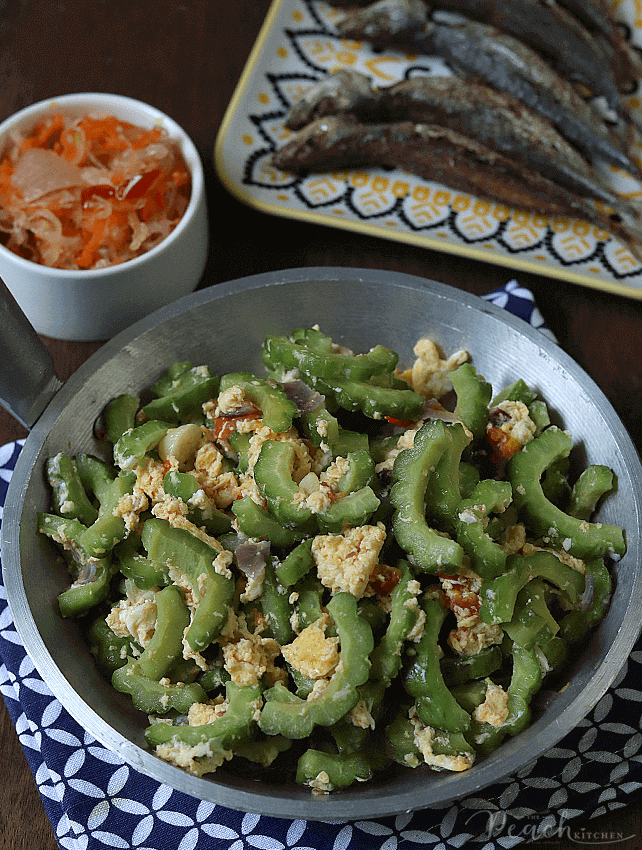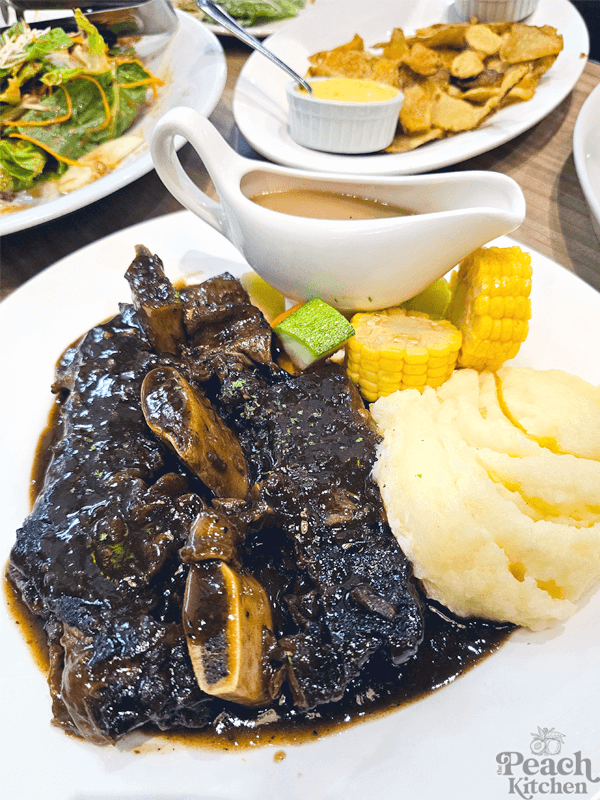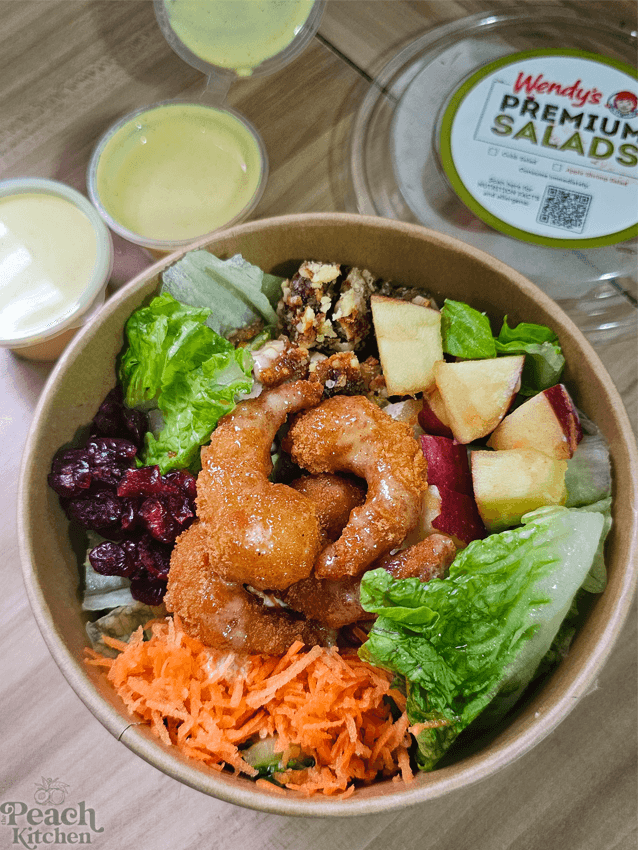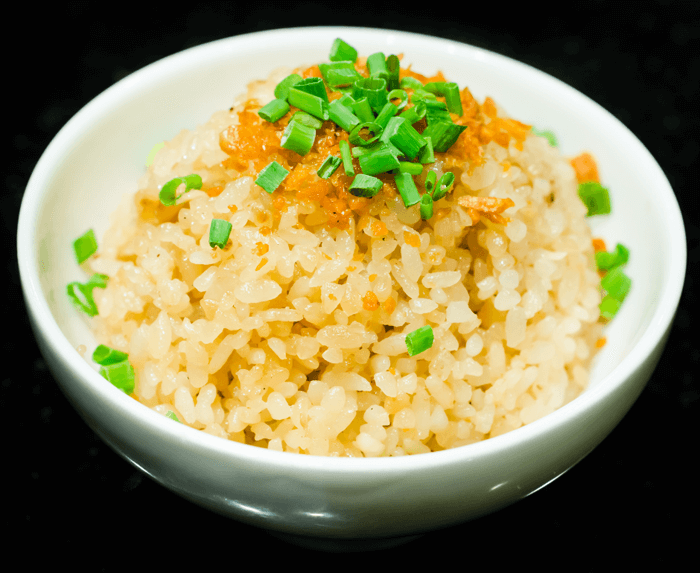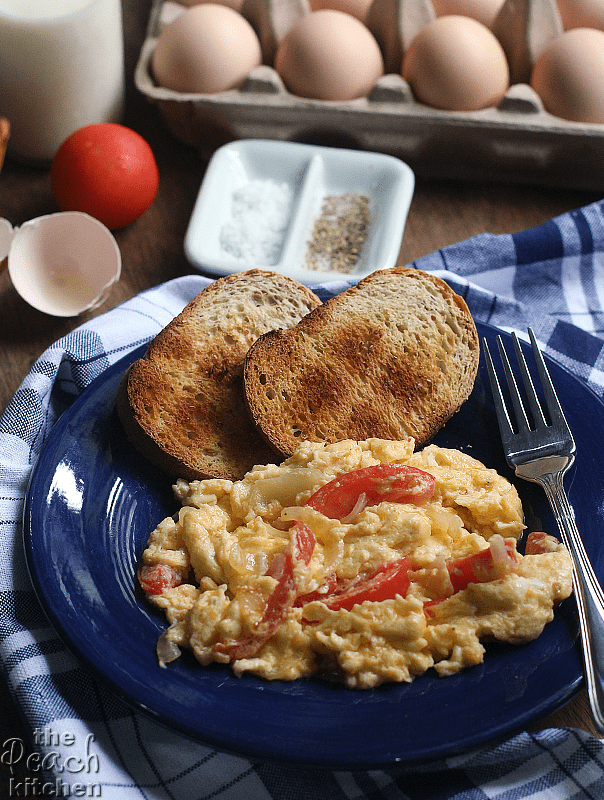
Becoming a vegetarian will seem like entering a different world, one where the food is rich in colors, it is lighter, and may even help improve one’s health.
It is, in fact, a choice that can be influenced by a set of reasons: some of them are directed by morality, others by the surrounding factors, and the majority of them by the wish to be better.
But regardless of the quality of the advantages, the process is not always as easy as the replacement of chicken with chickpeas.
Unless you have the proper strategy, it is really unknown how easy it is to overlook some essential nutrients. Still, the majority of the typical mistakes are easily prevented as soon as you are aware of where they are concealed.
Not Getting Enough Protein From Plant Sources
The first hurdle most new vegetarians hit? Protein.
You are suddenly bidding your farewell to steak and chicken breasts, and the million-dollar question arises: where is the protein going to come from?
You can have these portions from lentils, beans, tofu, tempeh, quinoa, nuts, and seeds, and call them your new best friends.
It does not mean that these foods are not there; the problem is that most people are not aware of how much food they should eat to feel full and be strong.
If you’re nodding along thinking, “Yep, that’s me,” it might be worth consulting a certified vegetarian nutrition consultant who can help balance your plate without drowning you in spreadsheets and macros.
Overlooking Iron And Vitamin B12 Intake
Here’s the sneaky bit. Certain sources of iron and B12 are lost when you exclude meat from your food intake. The mineral that makes you feel like you are not tired, and oxygen flows in your veins like the morning rush hour commuters, is iron. You might miss them!
Thus, here comes leafy greens, lentils, pumpkin seeds, and fortified cereals, although the iron of vegetable origin is not absorbed as effectively as that of meat. It can be mixed with high vitamin C foods like citrus, peppers or strawberries and absorption is significantly increased.
Then there is vitamin B12, which is a nutrient that is practically only found in animal products. Miss it, and you risk nerve problems, brain fog, and mood dips. Fortified foods and supplements are your safety net here. Think of B12 as the unsung hero keeping your mental clarity sharp while your energy levels stay steady.
Relying Too Much On Processed Meat Alternatives
Let’s talk about those plant-based sausages and burgers. They may save your life in times of transition or when you want a comfort meal, but use them as a dietary foundation? That’s a trap.
Most of them are packed with sodium, preservatives, and mystery ingredients that leave your digestive system asking you what you got into.
Instead, you can go back to basics like whole foods, lentil stews, chickpea curries, or roasted veggie bowls in the long run. You must try using meat substitutes as an occasional treat, not your daily protein plan.
Skipping Balanced Meal Planning And Portion Control
It is vegetarian but it does not necessarily make it healthy. In this journey, you may fall into the pasta-and-cheese trap, or load up on carbs while skipping on veggies and protein. In the long run, this may result in weight gain, blood sugar surges, and a less-than-enthusiastic relationship with what you eat.
The only key to the secret is balanced meal planning.
Every meal should be a balance of plant protein, complex carbohydrates, healthy fats, and a lot of colored vegetables. Nuts and avocado make a very nice snack, but having them one at a time will soon turn your healthy and pure diet into a bomb unit.
Ignoring Healthy Fats And Omega-3 Sources
Cutting out meat and fish often means accidentally ditching omega-3 fatty acids, the brain’s favorite fuel. These good fats maintain your memory, keep your heart healthy, and reduce inflammation.
Nowhere will you find them safe to omit, and over time, you can see yourself caught in a fog of thought, or you may even find your mood lowered.
At this moment, nature’s got your back. Flaxseeds, chia seeds, hemp seeds, and walnuts are superb vegetarian sources of omega-3. Even the additional boost with algae-based supplements can be taken, as fish do receive their omega-3s in algae in the first place. It is a way of eliminating the intermediary.
Wrap Up
Vegetarianism is a healthy option, an environmentally friendly option, and a taste option. But, similar to any change in lifestyle, I will need a learning curve.
Skipping protein, skipping iron and B12, relying too much on fake meats, failing to plan balanced meals, or ignoring healthy fats are all common mistakes, but they don’t have to be your tale. You can avoid these hazards by planning ahead of time, being creative in the kitchen, and seeking professional advice.
Keep in mind; anything you include is as important as anything you omit.









